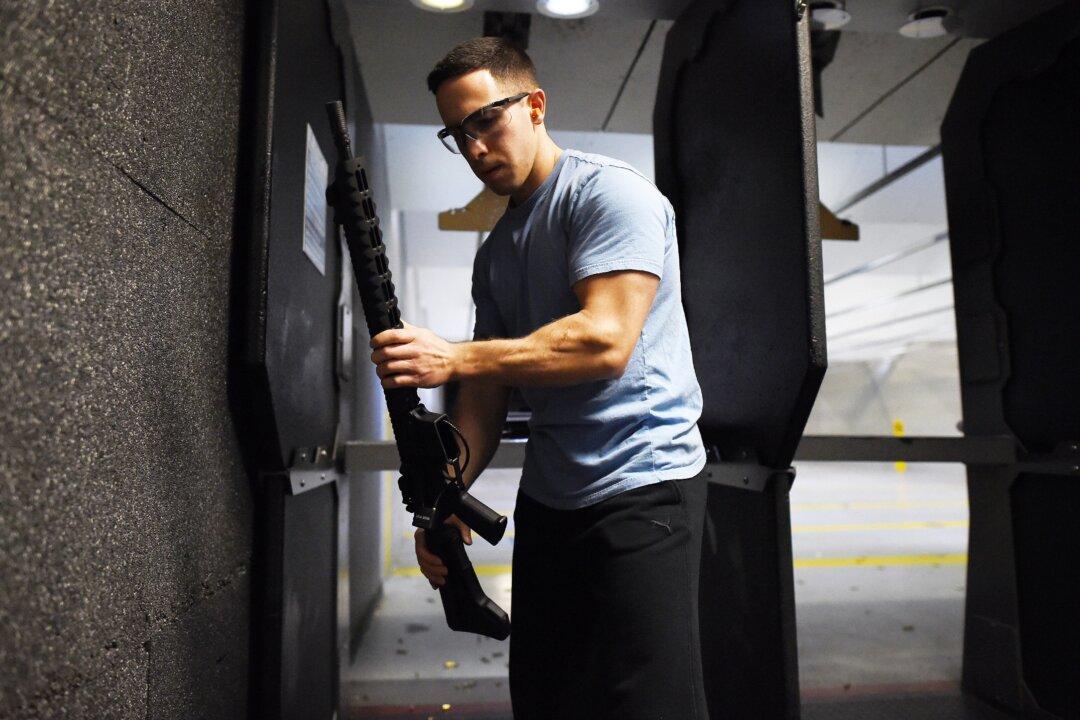Far fewer Americans fall victim to firearm accidents than some two decades ago, even though people own more guns, according to new data.
Accidental firearm discharges killed 486 people in 2017, down more than 50 percent since 1997, according to mortality data collected by Centers for Disease Control and Prevention (CDC).





